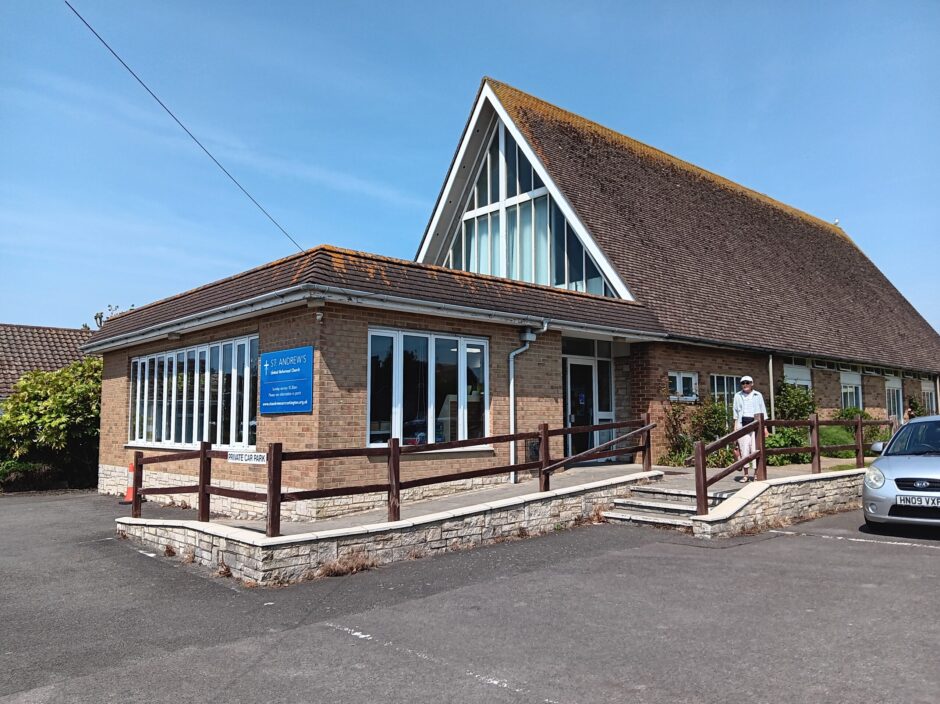
Hello! My name is Erica, and I am the new JPIT intern (communications) for 2025/26. I am really looking forward to exploring how an ecumenical organization negotiates complex public issues and learning how best to engage Christians through media to encourage and enable church mobilization and campaigning.
Aged 15, I first became actively involved in politics as part of my local branch of the youth climate strikes. Following the political upheaval which provided a backdrop to my early teenage years, including Brexit and Trump’s first election, I was a young person who could not vote, but craved an outlet to make my voice heard for a just cause.
When some friends asked me to steward the climate strike on 15th March 2019, I jumped at the opportunity. I went on strike every month from then until February 2020 alongside hundreds of young people demanding climate justice from the UK government and local authorities. This undoubtedly instilled within me a lasting determination for global political, environmental, and economic justice.
It also empowered me as a young person to speak about my experiences to others within the Church of England, the denomination in which I was brought up, and campaign for more to be done about the climate crisis. Since then, I have only become more convinced of the radical work that Christians should be doing within the modern world, railing against the status quo as Jesus did.
Studying history at university gave me further opportunities to explore justice and how public issues have changed over time. The Methodist Church has a history of engaging with public issues which I am excited by, from its 19th Century antislavery campaigns, up to its present-day ethos of inclusion and research into reparations.
My passion for social and climate justice in my teens coupled with my academic research to produce my final-year dissertation topic. By investigating narratives of environmental youth activism in 1990s postcolonial Nigeria, I attempted to uncover marginalized voices who had been stereotyped or homogenized, whilst highlighting the lack of impartiality in reporting and research.
The power of institutional narratives is equally applicable to the Church, given its historic role in oppression and injustice and its contemporary responsibility to amplify justice rather than falsely claim neutrality. I am incredibly excited to move from researching injustice, to participating in and communicating justice work/conversations through JPIT, from the newsletter to podcasts to social media!
Moving on from youth activism which demanded that the adults listened, into the adult world myself post-graduation, I am learning where I must be accountable for creating a Jesus-like life, responsible for my platform and how I can make a difference in the world. It helps to come back to the intentions of Isaiah 58: 6-7 –
“Is not this the fast that I choose:
to loose the bonds of injustice,
to undo the thongs of the yoke,
to let the oppressed go free,
and to break every yoke?
Is it not to share your bread with the hungry,
and bring the homeless poor into your house;
when you see the naked, to cover them,
and not to hide yourself from your own kin?”
In a climate where Christianity is being weaponised as part of far-right hate rhetoric, it is crucial more than ever to communicate these values of justice, freedom, and compassion. I pray that my experiences can support JPIT this year in speaking truth to power; in its vision of partnership, peace, and ‘to loose the bonds of injustice’.
